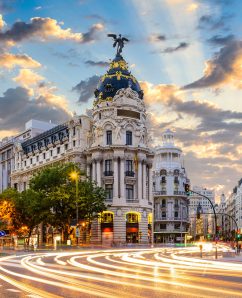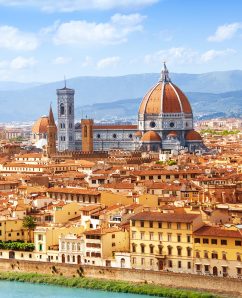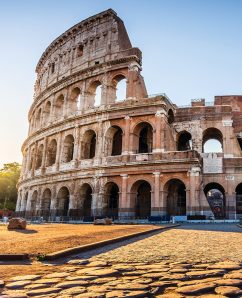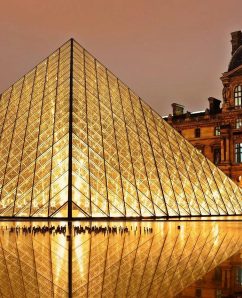Matching dreamers to opportunities: how ESE transforms internships into life paths
Interview with Chiara Pedone, ESE Career Advisor. Discover how our business school internships bridge the gap between...
Read moreIn an era of unprecedented global change, the very definition of wealth is being rewritten. As traditional markets grapple with volatility, inflation, and uncertainty, a new financial frontier is taking center stage: alternative assets. This is more than a trend; it is a fundamental shift in how value is created, perceived, and managed.
At the European School of Economics (ESE), we believe that to lead in this new landscape, one must learn a new language of value—one that speaks not only in numbers, but in terms of innovation, culture, and long-term impact.
For generations, wealth strategy was dominated by stocks and bonds. Today, the universe of investable assets has expanded dramatically. “Alternative assets” refer to this diverse range of non-traditional investments, which, according to the Preqin Global Alternatives 2024 Report, now exceed $24 trillion in assets under management.
This universe includes:
The growing demand for alternative assets is a strategic response to a complex world. They offer sophisticated investors and family offices a way to build more resilient portfolios by hedging against macroeconomic volatility and accessing opportunities not correlated with public markets.
But more profoundly, this shift represents a search for deeper forms of value. It acknowledges that a rare painting, a stake in a visionary start-up, or an investment in a sustainable forest holds a worth that transcends its balance sheet entry. It is a move toward ESE’s core belief: that finance and economics must account for the cultural, emotional, and ethical dimensions of our lives.
Navigating the world of alternative assets presents unique challenges—from valuing illiquid assets and conducting due diligence in opaque markets to structuring complex legal frameworks. Mastering this requires more than technical skill; it requires a holistic, interdisciplinary mindset.
While traditional education often siloes these subjects, ESE’s philosophy integrates the principles of alternative thinking across its entire curriculum. We foster a new generation of economic leaders who understand the symbolic and strategic dimensions of wealth. Through our ecosystem, students are exposed to:
In an age where value is no longer purely numerical, ESE champions a vision of wealth as a powerful driver of transformation, innovation, and human development. We don’t just teach finance; we cultivate the financial culture of the future.
To truly understand the future of wealth, one must adopt a new way of thinking. Explore the educational philosophy of the European School of Economics and see how we are preparing leaders for a world beyond traditional models.






Interview with Chiara Pedone, ESE Career Advisor. Discover how our business school internships bridge the gap between...
Read moreProf. Belluzzo joins ESE as Director of Sport & Wealth. He will lead new programs in sport management and wealth...
Read moreLead change with ESE’s One Health ESG Management program. Train leaders to integrate sustainability and economic...
Read moreDiscover Madrid’s best neighborhoods for students. This ESE guide helps you choose where to live based on budget,...
Read more